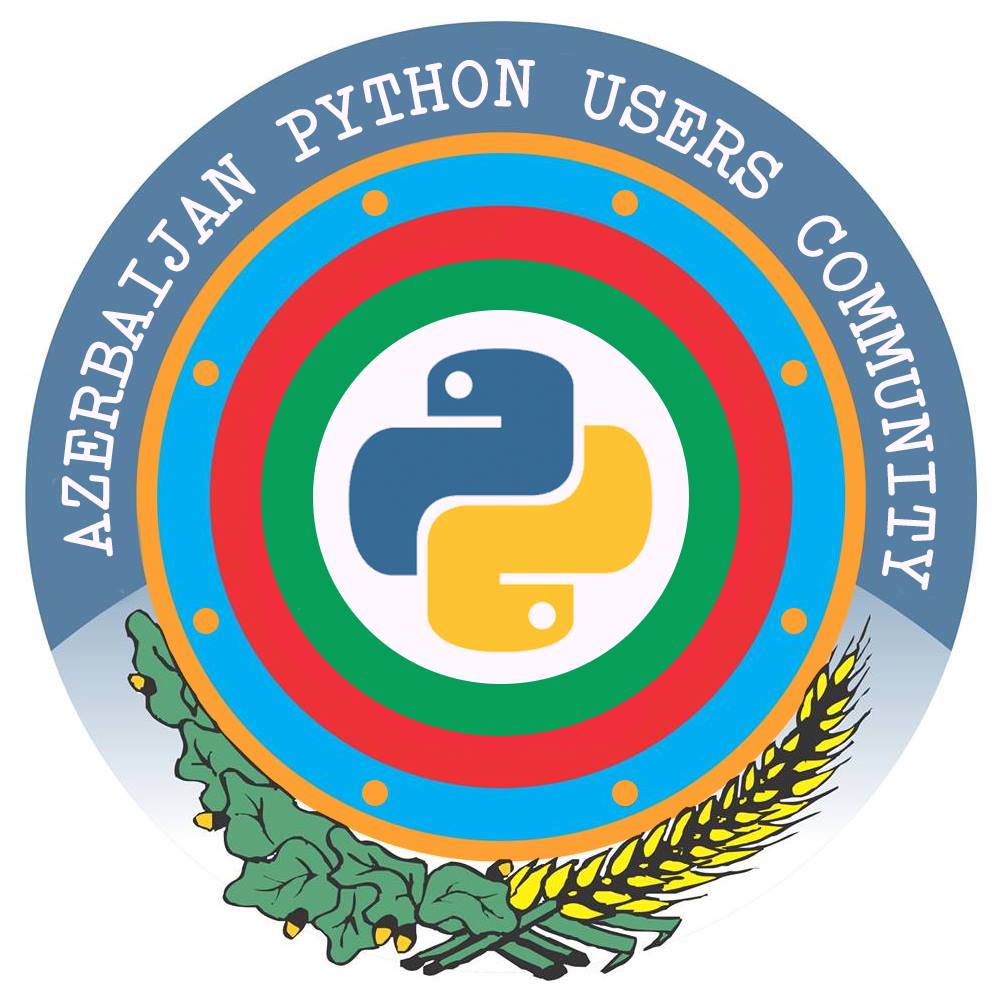# Why 'int' object is not iterable - because tp_iter is NULL
Recently I was curious about how int object is implemented in CPython and researched the iterable error for int. My code sample is:
$ cat test_iterator.py
x = 3
for i in x:
pass
It is obvious that we can not go through integer but for CPython this code will be compiled successfully - in contrast it will fail at runtime:
$ ~/REPOS/cpython/debug_3.8/python test_iterator.py
Traceback (most recent call last):
File "test_iterator.py", line 2, in <module>;
for i in x:
TypeError: 'int' object is not iterable
So why?
For this let’s see the opcodes:
$ ~/REPOS/cpython/debug_3.8/python -m dis test_iterator.py
1 0 LOAD_CONST 0 (3)
2 STORE_NAME 0 (x)
2 4 LOAD_NAME 0 (x)
6 GET_ITER
>> 8 FOR_ITER 4 (to 14)
10 STORE_NAME 1 (i)
3 12 JUMP_ABSOLUTE 8
>> 14 LOAD_CONST 1 (None)
16 RETURN_VALUE
It seems to be GET_ITER should get the iterable object for us.
Open up Python/ceval.c in source and search for GET_ITER –
you will find the target as part of huge switch statement - ceval.c#L2859
TARGET(GET_ITER) {
/* before: [obj]; after [getiter(obj)] */
PyObject *iterable = TOP();
PyObject *iter = PyObject_GetIter(iterable);
Py_DECREF(iterable);
SET_TOP(iter);
if (iter == NULL)
goto error;
PREDICT(FOR_ITER);
PREDICT(CALL_FUNCTION);
DISPATCH();
}
There is a call for PyObject_GetIter() which is in Objects/abstract.c - abstract.c#L2542 (opens new window)
PyObject *
PyObject_GetIter(PyObject *o)
{
PyTypeObject *t = o->ob_type;
getiterfunc f;
f = t->tp_iter;
if (f == NULL) {
if (PySequence_Check(o))
return PySeqIter_New(o);
return type_error("'%.200s' object is not iterable", o);
}
else {
PyObject *res = (*f)(o);
if (res != NULL && !PyIter_Check(res)) {
PyErr_Format(PyExc_TypeError,
"iter() returned non-iterator "
"of type '%.100s'",
res->ob_type->tp_name);
Py_DECREF(res);
res = NULL;
}
return res;
}
}
As you see there is an error similar to our error at runtime ->
type_error("'%.200s' object is not iterable", o)
This will only true if f is NULL:
if (f == NULL) {
if (PySequence_Check(o))
return PySeqIter_New(o);
return type_error("'%.200s' object is not iterable", o);
}
And what about f?
PyTypeObject *t = o->ob_type;
getiterfunc f;
f = t->tp_iter;
So an int object has tp_iter which must be NULL for int object.
Let’s see the type definition of int object, i.e PyLong_Type.
We can see it from debugger:
(gdb) p PyLong_Type->tp_iter
$2 = (getiterfunc) 0x0
As well as from source code -> longobject.c#L5483 (opens new window)
Okay then we can convince our soul that List object is iterable because tp_iter is not NULL? Yes sure!
(gdb) p PyList_Type->tp_iter
$3 = (getiterfunc) 0x5555555d3277 <list_iter>
(gdb) p PyTuple_Type->tp_iter
$4 = (getiterfunc) 0x55555560a97e <tuple_iter>
(gdb) p PySet_Type->tp_iter
$5 = (getiterfunc) 0x555555602278 <set_iter>
That is the fundamental idea of checking if some object is iterable or not. Cool.
